Roofing Nail For Sale
Roofing nail is also called corrugated nail, roof tile nail, or roof nails, are ubiquitous. Although they are small in size, they are needed for almost all the fixing of linoleum, asbestos tiles, wooden boards, etc. So what are they made of? Is the surface galvanized? How many types are there?
Wanzhi Steel is a professional manufacturer of roofing nails. We have dozens of Cap machines, fully automatic roofing nail machines, and roller galvanizing equipment. We have rich export experience and accept customization of shapes, sizes, and packaging. Welcome to Request Online Quotes!
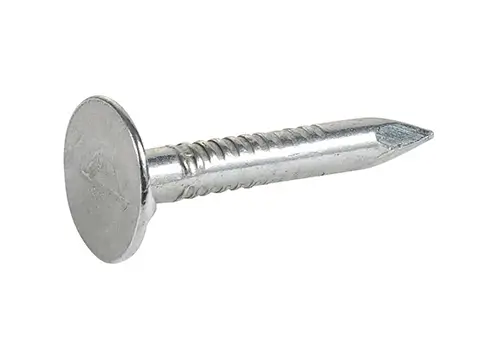
11 ga electro-galvanized roofing nail
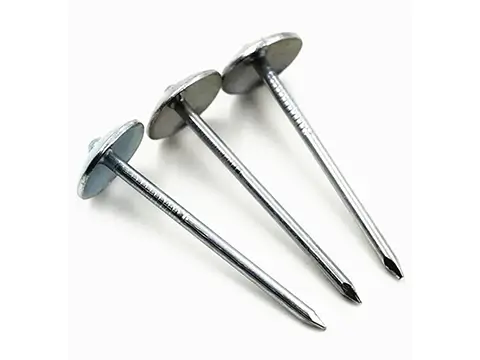
Galvanized-Umbrella-Head-Roofing-Nails
Roofing Nail Specification
| Item | Roofing Nail |
| material | Q195, Q235 Steel, iron |
| head diameter | 2mm-12mm |
| Length | Customers’ Requirement |
| Wire diameter | BWG13-BWG9(2.4mm-3.7mm) |
| head style | Cupped, flat, Checkered, Double, BRAD, cap |
| Head shape | Umberlla Head |
| Type | Coil Roofng Nail |
| place of origin | Hebei, China |
| shank type | Smooth, Ring, Barbed, Fluted, Spiral, Twisted |
| Usage | building construction,packing and furniture, Material Fixing |
| Color | Silver White |
| Surface treatment | Electro Galvanized |
| Packing | Plastic bags, plastic boxes, paper boxes, wooden boxes, Comtomer Require |
| Certification | ISO9001:2019 |
| MOQ | 3 tons |
| Payment Methods | TT, 30% prepayment, 70% before shipment |
| Transportation | Sea / land transport |
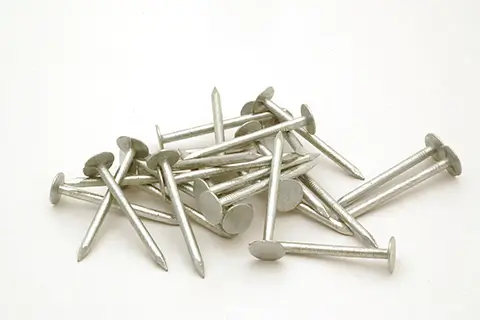
white roofing nails
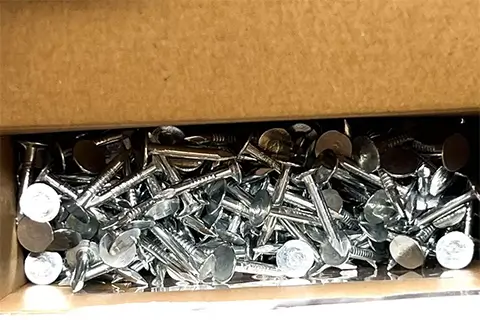
tin roof nails
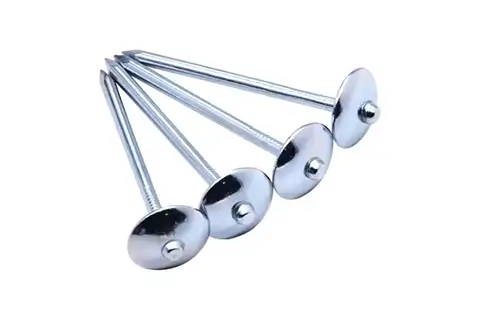
G90 zinc coated roofing nails
What is the roofing nail?
Roofing nail refers to “felt nails”, “roof decking nails” or “roofing cap nails”, which usually have a large flat head and a barbed shank. It is a nail specially used to fix roofing materials (such as felt, asbestos tiles, plastic tiles, etc.) to roof structures (such as wooden boards, metal plates, etc.). It is mainly used for laying and fixing roofs to ensure the stability and durability of roofing materials.
What is the galvanized roofing nail?
Also called “galvanized nails”, “zinc coated roofing nails,” or “hot dip galvanized roofing nails. This refers to steel nails that have a layer of zinc on the surface. Commonly used in projects with asphalt shingles, galvanized nails offer excellent rust resistance and a long life. The nail rod uses Q195 or Q235 carbon steel as raw steel wire, and the nail cap is made of iron coil sheet, initially forming a raw roofing nail, and then through roller galvanizing, forming electro-galvanized nails or HDG nails.
Classification by Appearance
1. Smooth Shank Nails: no grain on the surface, uniform diameter, lowest price, fast installation.
2. Ring Shank Nails: the shank has an annular groove to increase friction, and the pull-out resistance is 300% higher than that of smooth nails.
3. Helical/Spiral Shank Nails: threaded shank, similar to a screw, rotates into the material, and has better sealing.
4. Square Cap Nails: the nail cap is square, with a larger diameter (usually 12-15mm), and is equipped with a rubber gasket (EPDM or Neoprene).
5. Large Head Nails: the round nail cap has a diameter of ≥20mm, which disperses pressure and prevents material tearing.
6. Coil nails: These are used in nail guns, a time-saver for larger projects.

roofing nails shank type
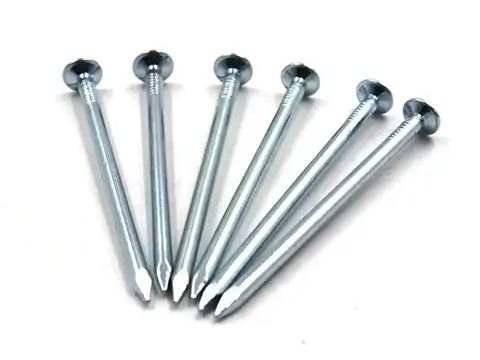
hot dipped galvanized smooth shank

Twist Shank Stainless steel Nails
Roofing Nail Materials
1. Stainless steel: These are even more resistant to rust and corrosion. They are the preferred option when building in areas that are more exposed to the elements.
2. Aluminum: Multi-grade aluminum alloy nails. Lightweight nails that don’t rust, a great choice for metal roofs.
3. Copper Roofing Nails: made of pure copper or copper alloy, naturally rust-proof, with a service life of more than 50 years.
4. Galvanized Nails: electro-galvanized is silvery white, low cost, hot-dip galvanized is grayish white, with a thick zinc layer (≥50μm), G90 galvanized has a yellow passivation film, and is more corrosion-resistant.
Classification by Purpose
1. Asphalt shingle nails
Fix the asphalt tile to the roof. The nail cap is larger and has a larger contact area to increase the fixing effect, and its material is mostly galvanized steel or stainless steel.
2. Roofing felt nails
Fix waterproof materials such as oil felt to the roof or wall. The nail body is relatively thin and can penetrate tiles and be firmly fixed. Surface treatment is mostly zinc plating or copper plating.
3. Corrugated nails
They are used to fix various tiles such as asbestos tiles, plastic tiles, etc. The nail body has various shapes, such as spiral, carved, etc.
4. Cement nails
Used to fix tiles or other roofing materials to concrete or brick walls. The nail body is thick, with strong penetration and fixation force. The surface is mostly galvanized or copper-plated to improve rust prevention performance and service life.
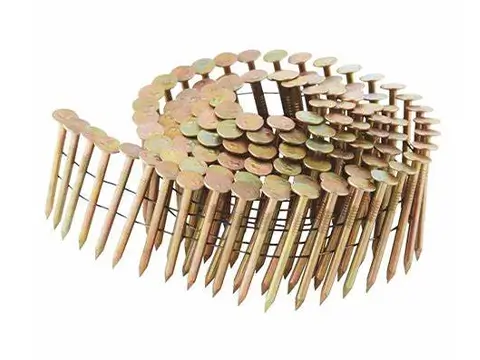
WIRE COIL ROOFING NAILS
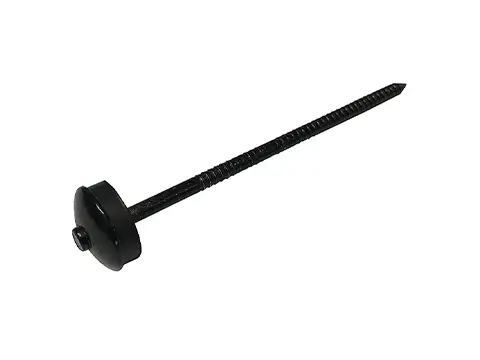
black roofing nails
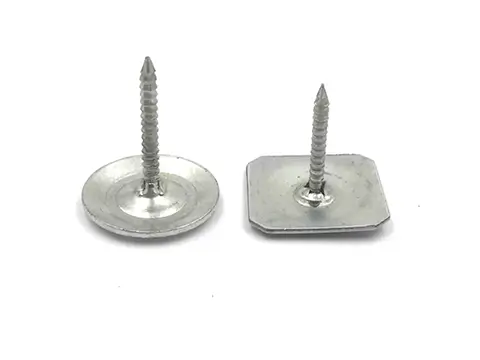
25LB Tub 1″ Ring Square and Round Cap Nails
Where are Roofing Nails Used?
Application of different roofing nails
1. Smooth Shank Nails:
Temporary roof fixing (such as construction of tarpaulin).
Non-structural lightweight roofing materials (such as asphalt shingles auxiliary fixing).
Not recommended for high wind areas or permanent roofs.
2. Ring Shank Nails
Standard nails for asphalt shingles.
Also used for fixing wood shingles.
It can be used in strong wind areas (excellent wind-proof performance).
3. Helical/Spiral Shank Nails
For metal roofing.
Synthetic resin tiles (PVC/TPO roofing).
High humidity areas (reduce moisture penetration).
4. Square Cap Nails
Single-Ply Membrane.
Modified Bitumen.
Solar panel bracket fixing.
5. Large Head Nails
Fix the bottom layer of roofing felt.
Fiber Cement Shingles.
Installation of insulation boards.
6. Copper Roofing Nails
Specialized for copper roofing.
Historic building restoration.
Coastal areas with high salt spray.
7. Galvanized Nails
Electro-galvanized nails are used in dry inland areas (non-acid rain).
Hot-dip galvanized nails are used in rainy/industrial areas.
G90 galvanized nails are used near the seaside or in chemical plants.
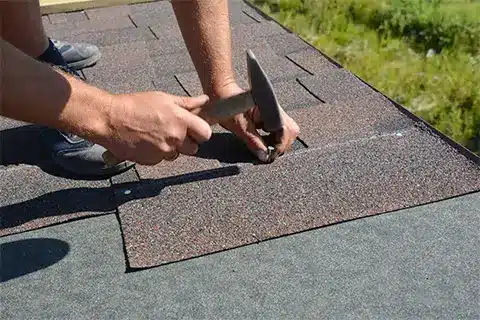
truss gang nails
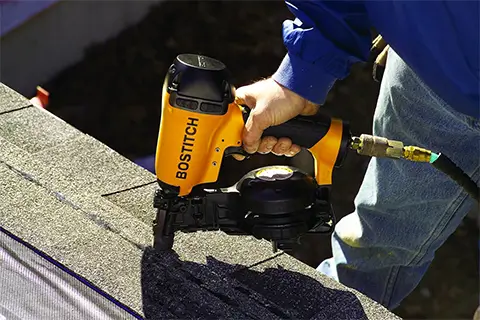
wood shake nails
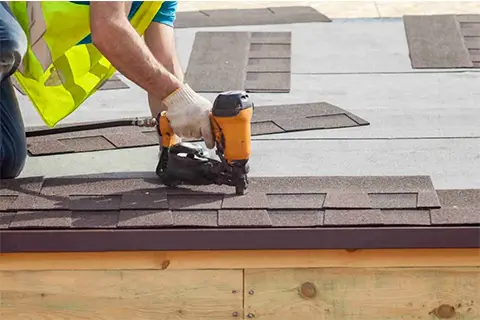
1.25 roofing nails
Selection Suggestions
| Roofing materials | Recommended nail types | Length recommendations | Wind resistance level |
| Asphalt shingles | Ring shank nail (galvanized) | 25-32mm | Class F (wind resistance) |
| Metal shingles | Spiral shank nail (stainless steel) | 38-50mm | Class H (super strong wind) |
| Wood shingles/cedar shingles | Ring copper nail | 50-65mm | – |
| Solar panel mountings | Square neck nail (with EPDM washer) | 75-100mm | – |
| Waterproofing membranes | Square neck nail (hot dip galvanized) | 32-40mm | Class G |
Application Areas of Roofing Nails
1. Connect and fix wood components: Wood boards, wood beams, etc. Widely used in furniture making, wood structure buildings, and woodworking decoration.
2. Fix asbestos tiles and plastic tiles: These lightweight building materials are often used for roof coverings in construction, and corrugated nails can ensure their stability and safety.
3. Connect cement walls and surface materials: Corrugated nails can help fix surface materials (such as tiles, wood boards, etc.) firmly to cement walls.
4. Installation, fixing, and connection of iron sheets, aluminum alloys, etc.
5. Fix hidden projects such as wires and water pipes, and fix furniture, doors, windows, and other decoration parts.
6. Fix structures such as formwork and scaffolding.
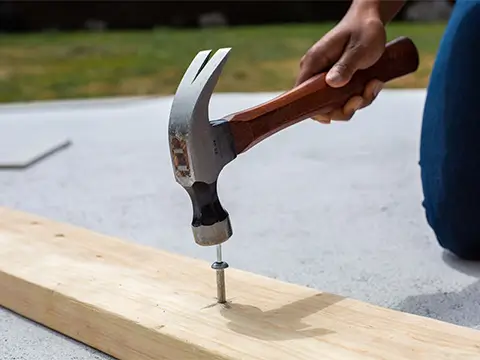
Fixing shingles

For brick walls

5 inch common nails Felt nails
Roofing nail cooperation case

84 tons of roofing nails shipped to Cote d’Ivoire
84 tons of roofing nails shipped to Cote d’Ivoire.
Faqs
1. What is the difference between roofing nails and common nails?
The main difference between these two types of nails is that roofing nails are designed specifically for roofs, are weather-resistant, have larger nail heads that not only help prevent damage to asphalt shingles but also make it easier to grab and remove them, and have shorter top rods. Common or regular nails generally have small nail heads and long nail rods and are used to fix everyday objects.
2. What type of nails are for roof sheathing?
If you need to install new shingles or OSB panels, you will need to nail them to the roof trusses. For OSB roof sheathing, Common nails will work. Builders typically use 8d Common nails, which are about 2 ½ inches long and 131/1000 of an inch wide in diameter.
3. What do you use for roofing nails?
Roofing nails are most commonly made of carbon steel, but there are also stainless steel nails and alloy nails. If it is a slate and ceramic roof in a coastal climate, stainless steel roofing nails are recommended, and if it is an asphalt roof shingle, please choose galvanized nails.
4. Why are roofing nails zinc coated?
Because this type of nail is the most commonly used roof nail, the zinc layer on the surface can effectively isolate it from the external environment, thereby preventing it from rusting and corroding thus extending its service life. Therefore, architects and workers often choose GI nails.
5. What is the most common roofing nail?
Galvanized coil nails are the most common types of roofing nails, as well as the most inexpensive. These nails are protected by a zinc coating, which slows down the rusting process.
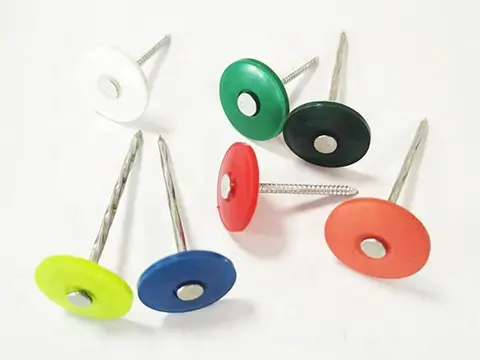
plastic capped nails
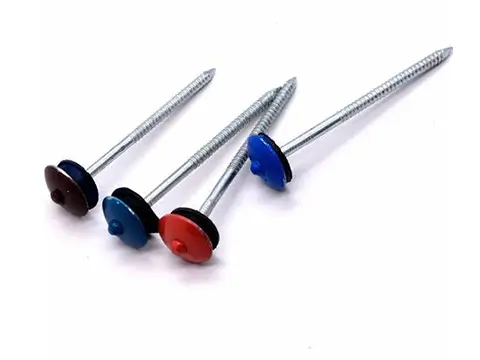
roof nail with rubber gasket
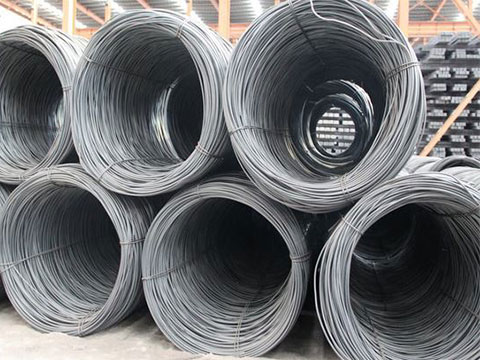
Metal Wire Rod Wanzhi facroty
Wanzhi Steel Quality Inspection
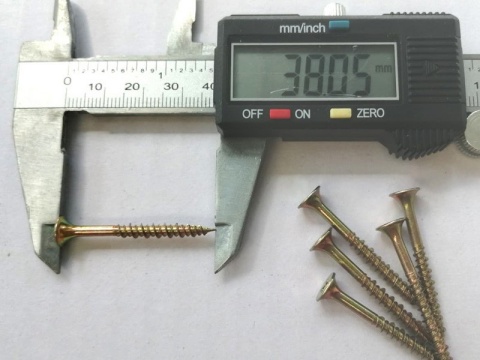
Nail shank inspection

40 60 90 Salt Spray Tester

Tensile strength test
Packaging of roofing nails
There are many ways to pack roof nails, and the following 4 are common:
1. Bulk packaging
This type of packaging is usually used for large quantities of non-precision packaging of roof nails. Its advantage is that it is easy to store and transport. Generally, cartons, sacks, or plastic bags are used, which are adapted according to the weight and size of the roof nails.
2. Small box or small bag packaging
For roof nails with smaller quantities or that require delicate packaging, small boxes or small bags are usually used for packaging. This packaging method is convenient for carrying, distribution, and use, and can also provide protection and identification. Small boxes or small bags are made of plastic, paper, or metal and can be customized according to customer needs. ,
3. Moisture-proof bag and carton combination packaging
For roof nails that need to be moisture-proof, rust-proof, or corrosion-proof, moisture-proof bags and cartons are usually used for packaging. Moisture-proof bags can effectively isolate moisture and moisture, while cartons provide a certain mechanical strength and identification function. This packaging method is usually used for high-end, precision, or long-term storage of roof nails.
4. Customized packaging
Customized packaging services can also be provided according to the specific needs of customers. It can be designed and produced according to the customer’s requirements on steel type, size, weight, shape, etc., to meet the customer’s personalized needs.
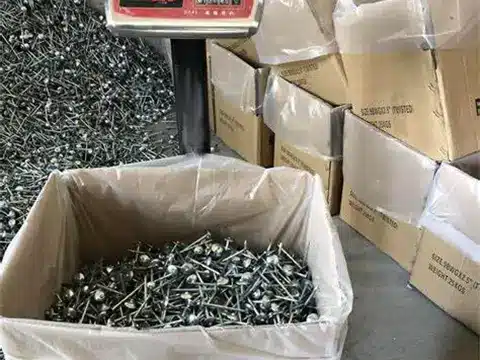
Bag and carton packaging
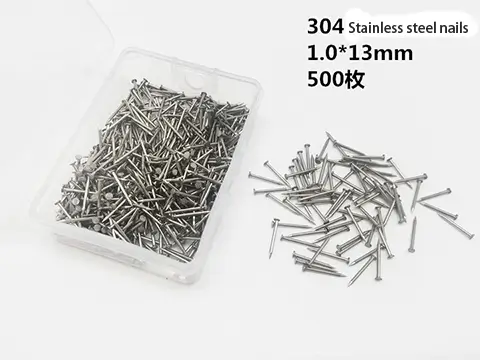
Boxed stainless steel nails
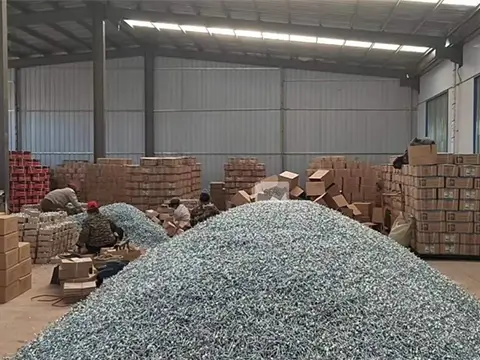
ROOF NAIL WORKSHOP
Roofing nails for sale – Wanzhi Steel
Wanzhi Steel has different materials of roofing nails, Common nails, ring shank roofing nails, and collated roofing nails for sale, such as copper roofing nails, felt nails, coil nails, stainless steel roofing nails, shingle nails, aluminum roofing nails, copper clout nails, sheathing nails, copper slate nails and stainless steel coil roofing nails, etc ( Size, material, shape, and the package can be customized.).
If you are interested in roofing nails, welcome to contact Wanzhi Steel
or send Email to info03@wanzhisteel.com.
Leave Us A Message









